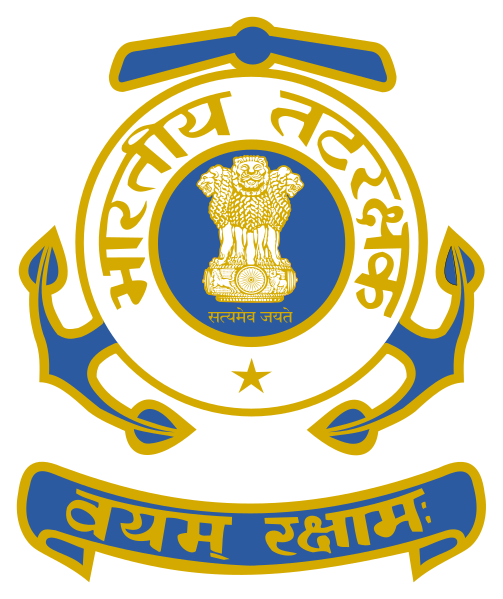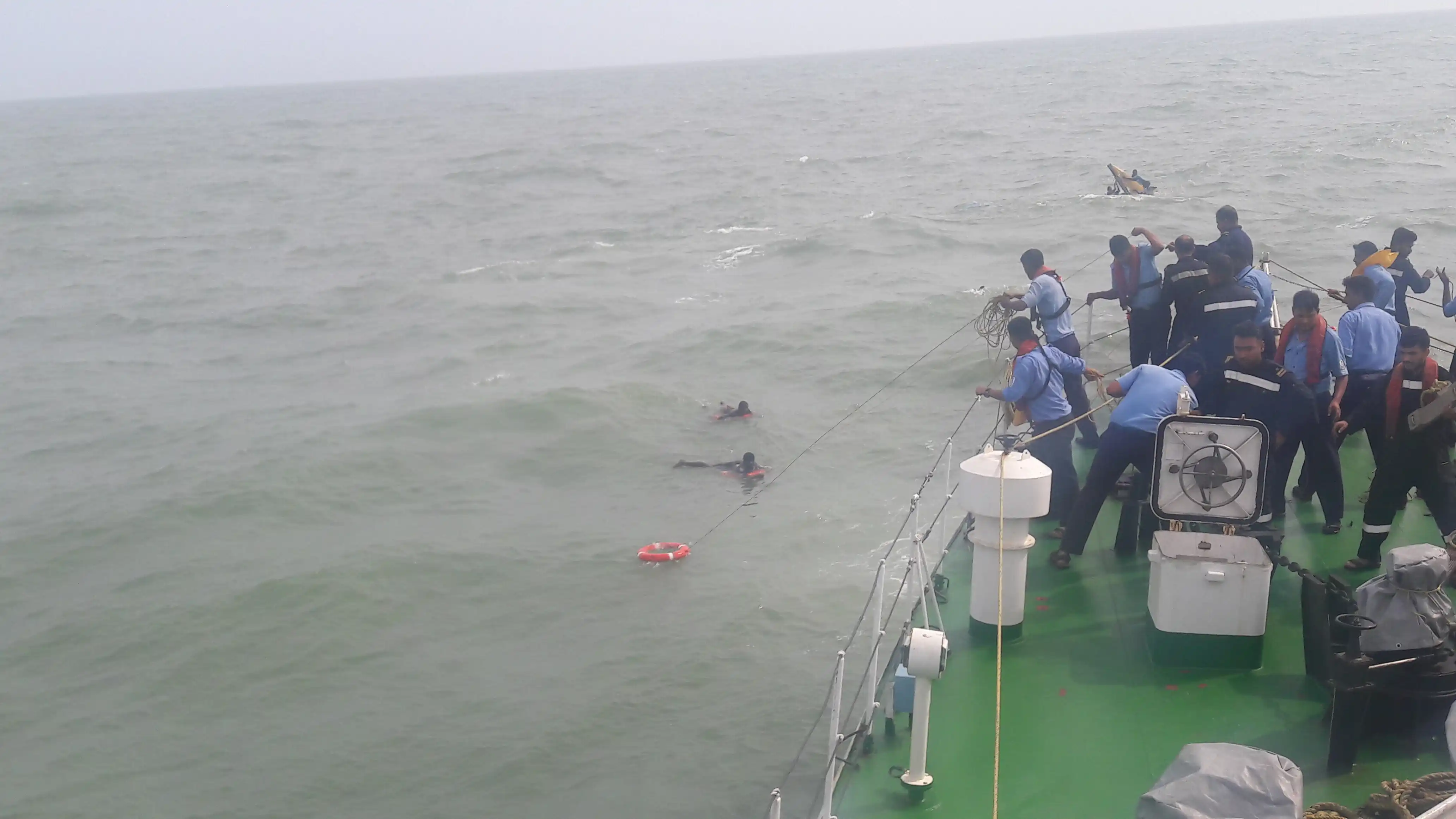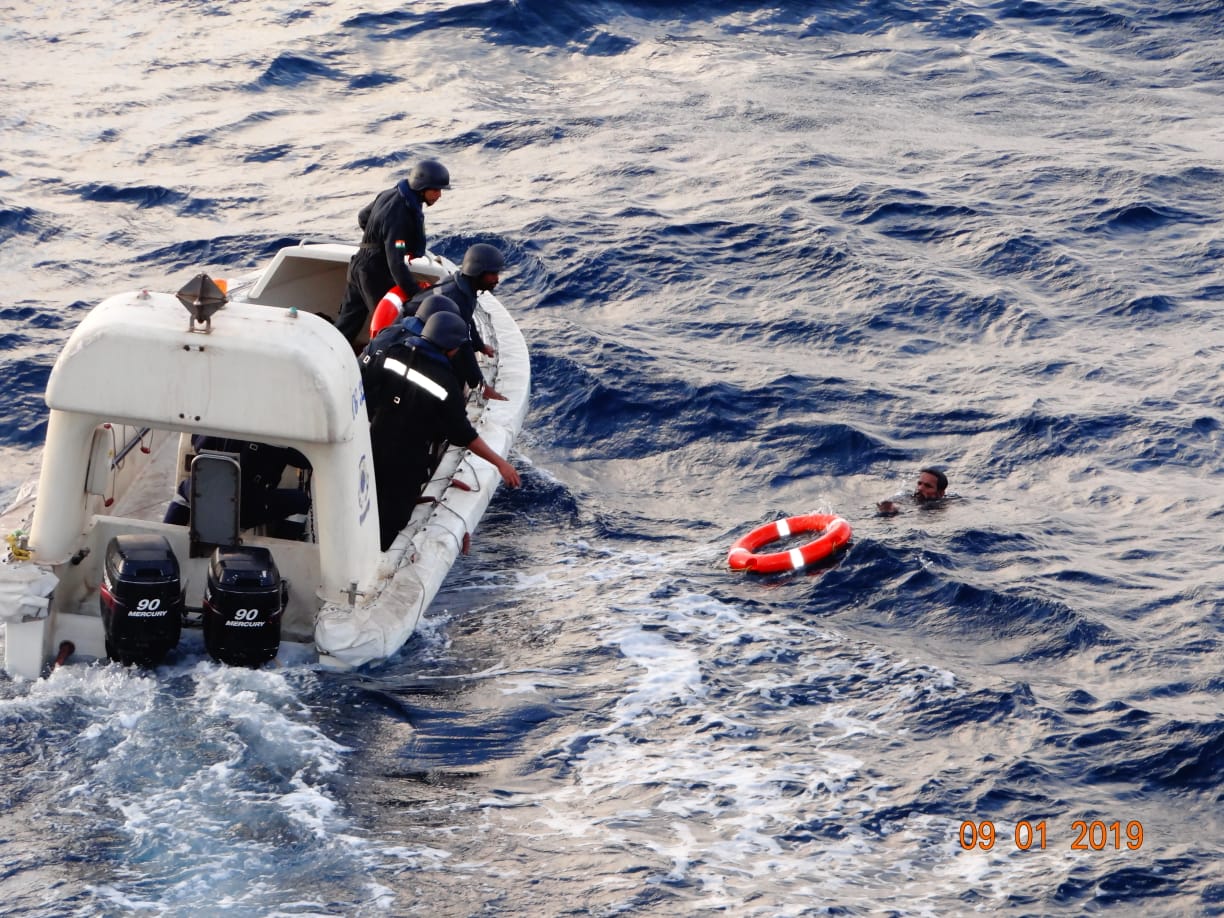- About Us
- Role & Responsibilities
- Search & Rescue
Search & Rescue
- India is a signatory to the International Convention on Maritime Search and Rescue (SAR), 1979, ratified in May 2001. India’s obligations under SAR Conventions are listed below:-
- Formulation of National Legislation for Implementation
- Establishment of SAR Plan as per IAMSAR Manual I, II and III
- Establishment of Facilities
- Competent Manpower
- Establishment of Reporting System
- Enforcement Machinery
- Evaluation and Review
- ICG is the agency responsible for coordinating Search and Rescue (SAR) in the Indian Search and Rescue Region (ISRR). DGICG has been designated as the National Maritime Search and Rescue Coordinating Authority (NMSARCA) and is also the Chairman of the National Maritime Search and Rescue Board.
- The Indian Coast Guard has been operating INDSAR (Indian SAR Computerised Ship Reporting System) since 2003. It is a toll-free reporting arrangement that seeks to assist the MRCCs to divert the most suitable assets to the scene of distress and also keep track of a ship that is overdue, or which may need urgent assistance. Participation in INDSAR is voluntary and free of cost for foreign flag vessels.
- The Indian Coast Guard has been operating INDSAR (Indian SAR Computerised Ship Reporting System) since 2003. It is a toll-free reporting arrangement that seeks to assist the MRCCs to divert the most suitable assets to the scene of distress and also keep track of a ship that is overdue, or which may need urgent assistance. Participation in INDSAR is voluntary and free of cost for foreign flag vessels.
- ICG ships and aircraft are also deployed during various festivals along the coast like Ganesh festival in Maharashtra, Rath Yatra at Puri in Odisha, Ganga Sagar Mela at Sagar Island in West Bengal etc.to provide SAR cover.







